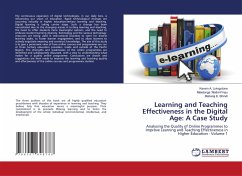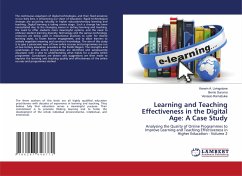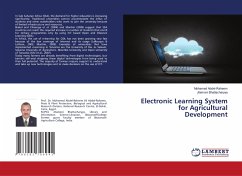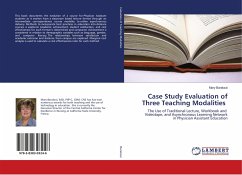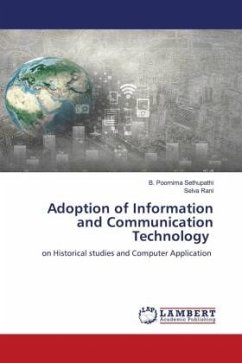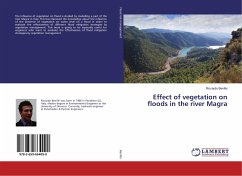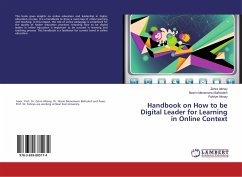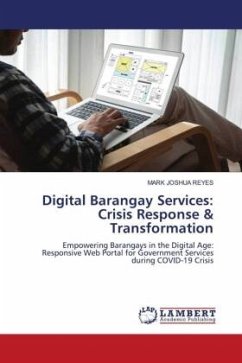The continuous expansion of digital technologies, in our daily lives, is influencing our vision of education. Rapid technological changes are occurring robustly in higher education/tertiary learning and teaching. Digital learning is taking centre stage. Such a change has been necessitated due to the changing scenes in tertiary learning and teaching, the need to offer students more meaningful options, and the need to embrace student learning diversity. Technology and the various technology resources are being used in instructional practices to cater for diverse learning styles, to foster learner engagement, and to allow learners to actively negotiate meaning and construct knowledge. The aim of this study is to give a panoramic view of how online courses and programmes are run at three tertiary education providers, inside and outside of the Pacific Region. The strengths and weaknesses of the online programmes are identified and subsequently discussed, with a view to understanding what makes for a quality online programme. Conclusions are drawn and suggestions are then made to improve the learning and teaching quality and effectiveness of the online courses and programmes studied.
Bitte wählen Sie Ihr Anliegen aus.
Rechnungen
Retourenschein anfordern
Bestellstatus
Storno

